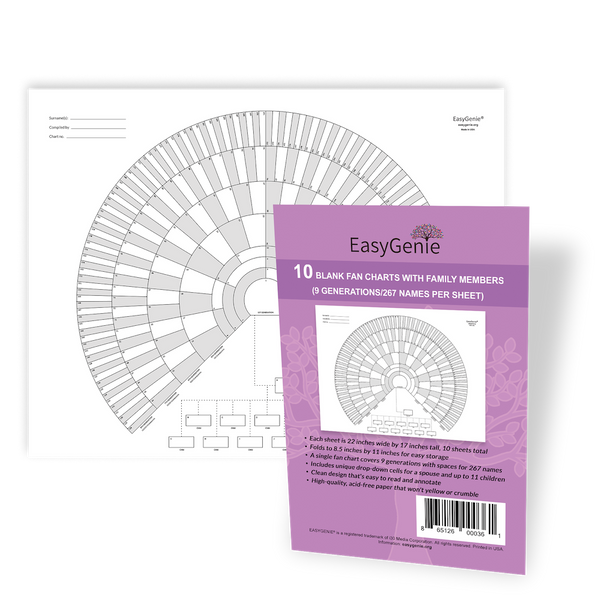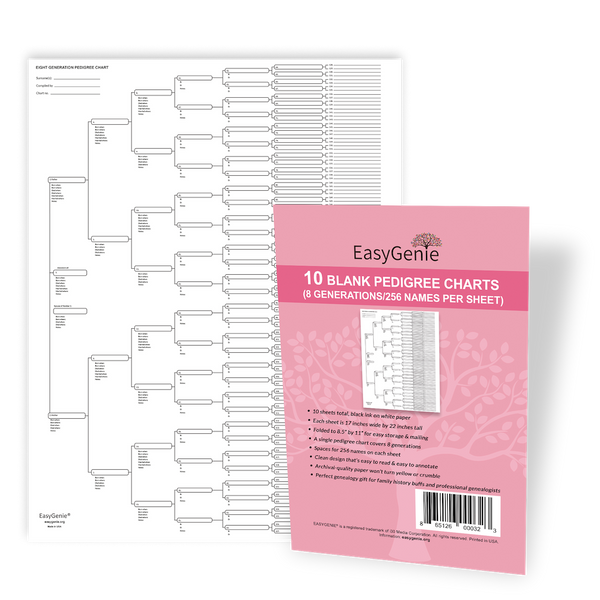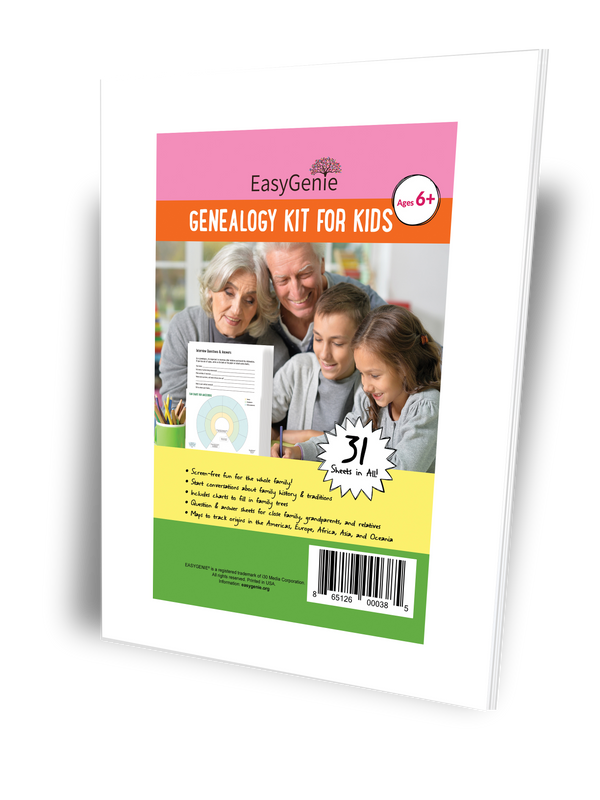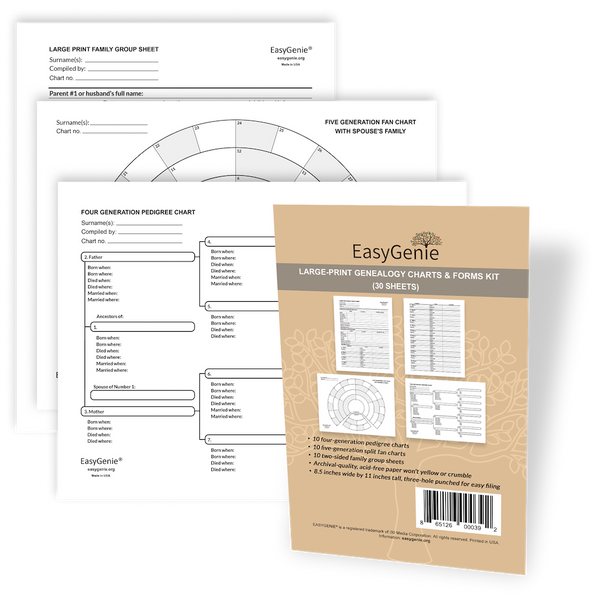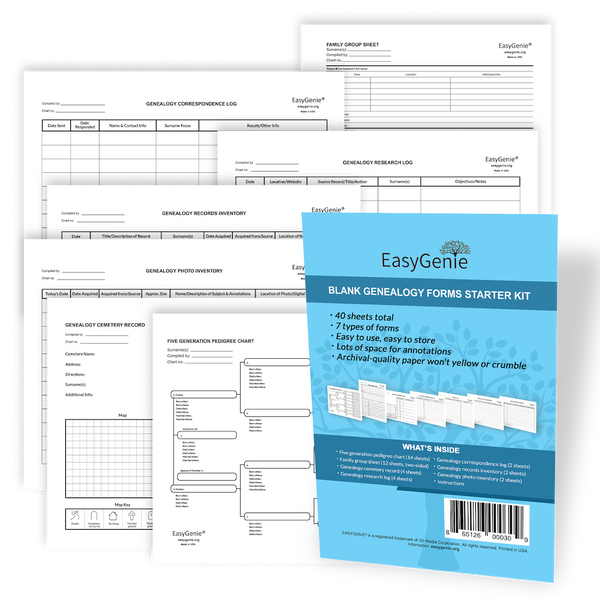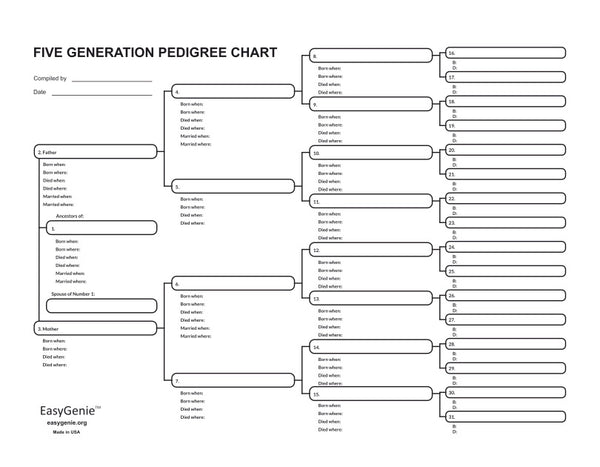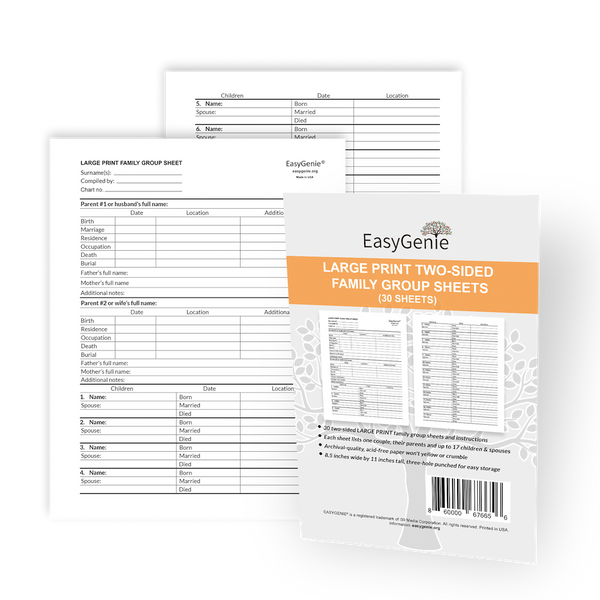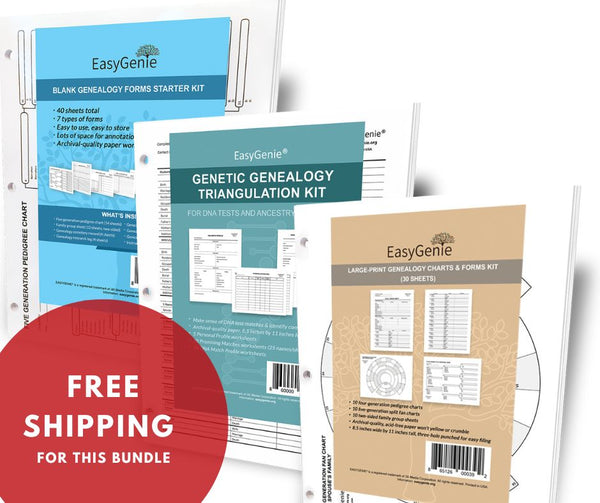
Blame Ancestry.com for the Find a Grave memorial mess
Ian LamontAs we sometimes highlight on the EasyGenie YouTube channel, Find a Grave is a great service for locating headstones and other information about deceased ancestors. If you don't live near a graveyard where ancestors are buried, it's a helpful source of photos and other basic data such as plot numbers and dates of birth and death.
But there's another Find a Grave feature which has gained traction in recent years: Virtual Memorials, which allow almost anyone to create an online page containing information about people who have died.
The memorials often consist of obituaries, but sometimes show photographs of the people when they were still alive. Many of the memorials are for people who died recently. You can see examples here.
This feature is abused in multiple ways. Imagine how you would feel if a stranger created a Find a Grave memorial for a deceased parent or sibling or child ... and then refused to relinquish control or remove the memorial when asked. Or, victims of a tragedy showing up on a Find a Grave memorial, mere hours after the event, sometimes even before family members have been notified by authorities.
Ancestry's "gamification" of Find a Grave
Who's to blame for the mess?
Ultimately, it's Find a Grave's owners. That would be Ancestry (owned by the Wall Street firm Blackstone Inc.) which bought Find a Grave from its founders in 2013. Genealogy blogger Roberta Estes explains how Ancestry has gamified Find a Grave:
This occurs because Ancestry displays the number of memorials created by volunteers. Some people spend their time finding obituaries and death announcements and creating memorials for people as soon as they die in order to rack up points, like a game.
The problem is that finding your loved one’s memorial, often with incorrect information, created by a stranger is unexpectedly jarring, at best. Especially to discover that your family member was only a trophy harvest whose memorial was created hours after they died. Then, having to ask (sometimes beg an unresponsive person) for the transfer of their memorial to you, only to have the creator’s name forever associated with the memorial adds insult to injury."
Another blogger, The Legal Genealogist, notes that Find a Grave changed its policies to limit memorials for the recently deceased. Nevertheless, it's still being abused, as the recent passing of Queen Elizabeth II demonstrates:

What's the takeaway from the Find a Grave controversy? In our opinion, it's another reason not to trust Ancestry ... in addition to the price gouging, bad data, and other problems that are rooted in the company's seemingly insatiable greed.
